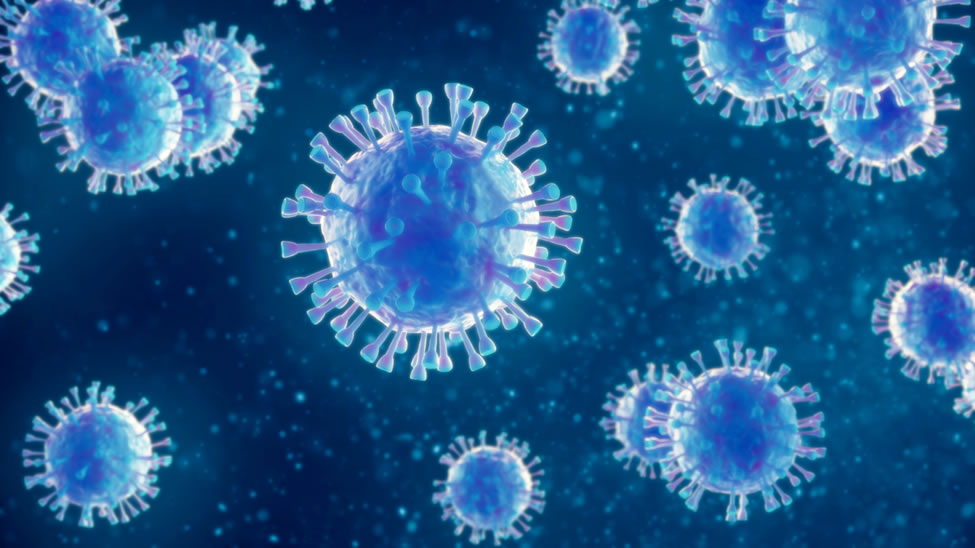Published on
Updated on

Published 1/28/2025
Story contact: Nicholas Childress, CVMMarCom@missouri.edu
Influenza presents ongoing challenges due to its rapid evolution and ability to spread across species. Wenjun Ma, PhD, an expert in influenza research and a professor at the University of Missouri College of Veterinary Medicine, is focused on improving vaccines, developing antivirals and monitoring zoonotic viruses (ones that can be transferred from animals to humans) such as highly pathogenic avian influenza H5. In this Q&A, Ma shares insights into his work and efforts to address these global health threats.

What makes influenza such a challenging virus to combat, and how does it differ from other zoonotic viruses you’ve studied?
Influenza viruses evolve quickly — making it hard to create effective vaccines and treatments. Their genome has 8 gene segments that can mix when multiple viruses infect the same host, creating new, potentially more dangerous strains. Additionally, their RNA polymerase doesn’t correct errors, resulting in many mutations. This matters because these changes can reduce the effectiveness of existing vaccines and treatments, and lead to more severe outbreaks.
How does your research on virus-host interaction contribute to the development of effective flu vaccines?
Research on virus-host interactions enhances our understanding of the mechanisms by which viruses exploit host components during infection and replication. This knowledge is instrumental in developing effective vaccines and antiviral drugs.
What role do antivirals play in managing flu symptoms, and how does your research aim to improve their effectiveness?
Antivirals play a critical role in reducing flu symptoms by inhibiting virus replication. However, the emergence of drug-resistant influenza viruses has led to the loss of effectiveness of several flu antivirals, such as amantadine and rimantadine, which were discontinued for flu treatment. My team’s research focuses on identifying the mutations critical for drug resistance and understanding why the virus becomes resistant to antivirals. This knowledge will help us select the most effective antivirals to treat patients.
What new developments in flu research should the public know about this flu season?
Flu activity continues to increase across the country during flu season. However, some patients with respiratory disease symptoms may be infected with other pathogens, such as RSV or COVID. Additionally, we must remain vigilant for patients who could be infected with the highly pathogenic H5 influenza virus, as more than 60 human infection cases have been confirmed in the United States.
With flu season in full swing, what are the most important preventive measures people should take to protect themselves and their families?
I recommend getting a flu shot, especially for older adults and young children, since they are at higher risk. Seasonal flu vaccine preparation is based on scientific evidence, including global surveillance to predict circulating virus strains, which are used to develop vaccine seeds. While the virus changes rapidly, the seasonal flu vaccine typically provides good protection.
Looking ahead, what advancements do you hope to achieve in the fight against influenza and other zoonotic viral diseases?
The goal of my lab is to develop effective countermeasures, including vaccines and antivirals, to combat influenza and other viral zoonotic diseases. For instance, with influenza, I aspire to create more effective flu vaccines that can induce humoral, cellular and mucosal immune responses to provide better protection.